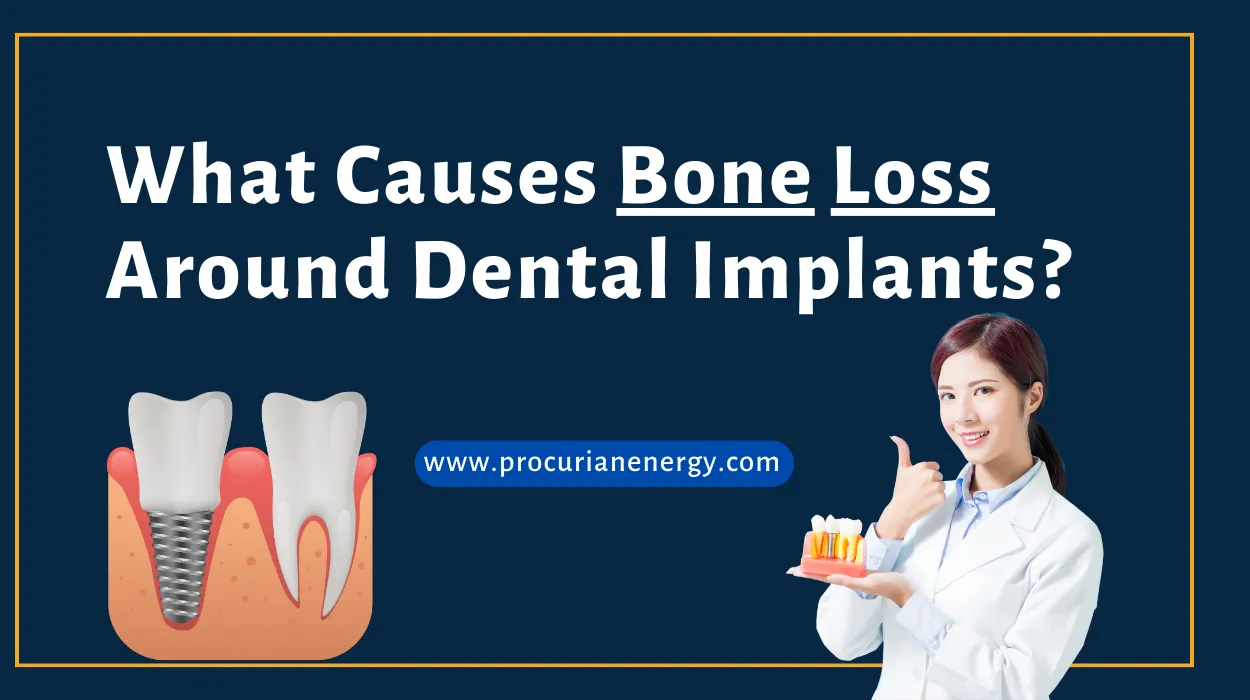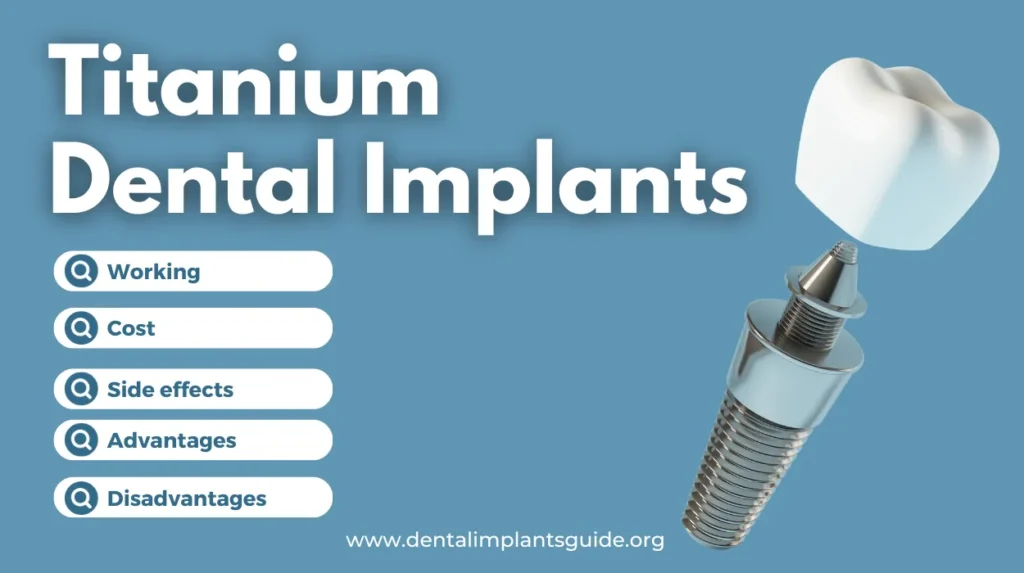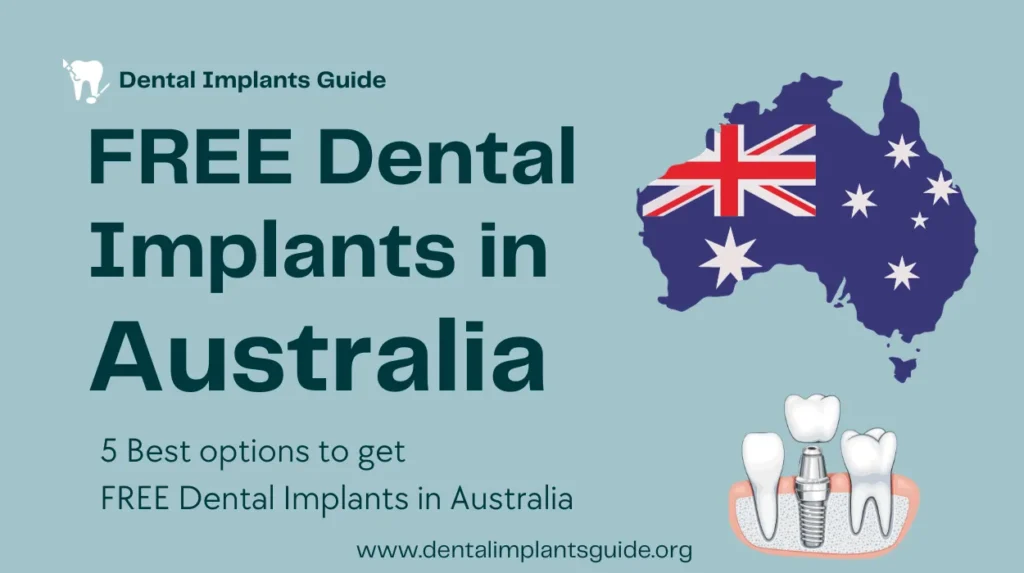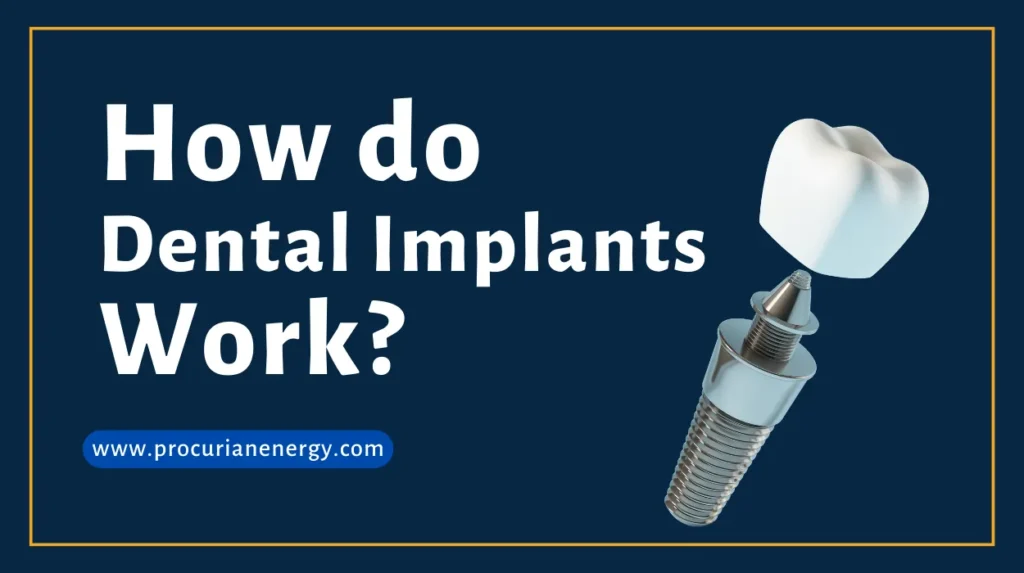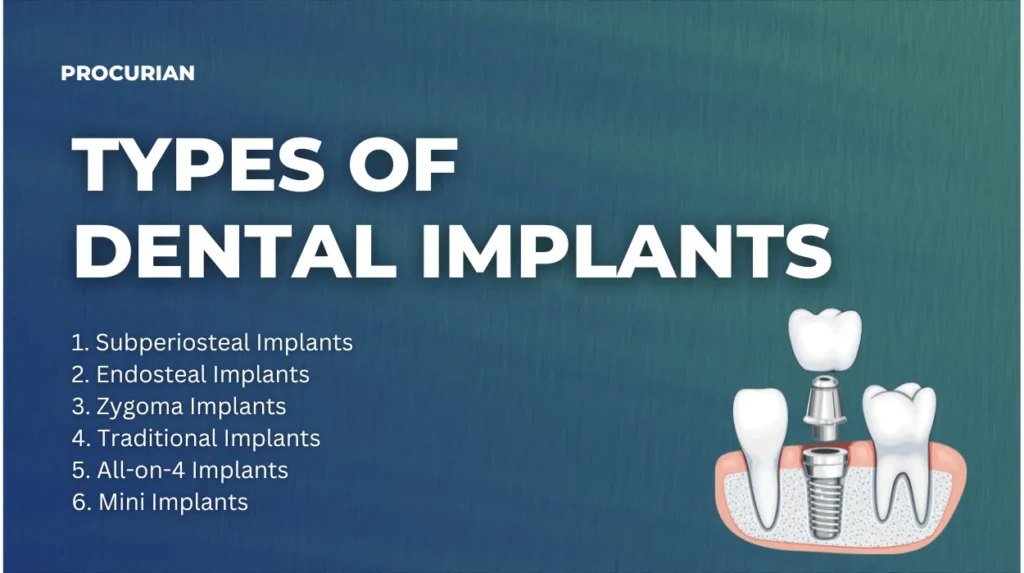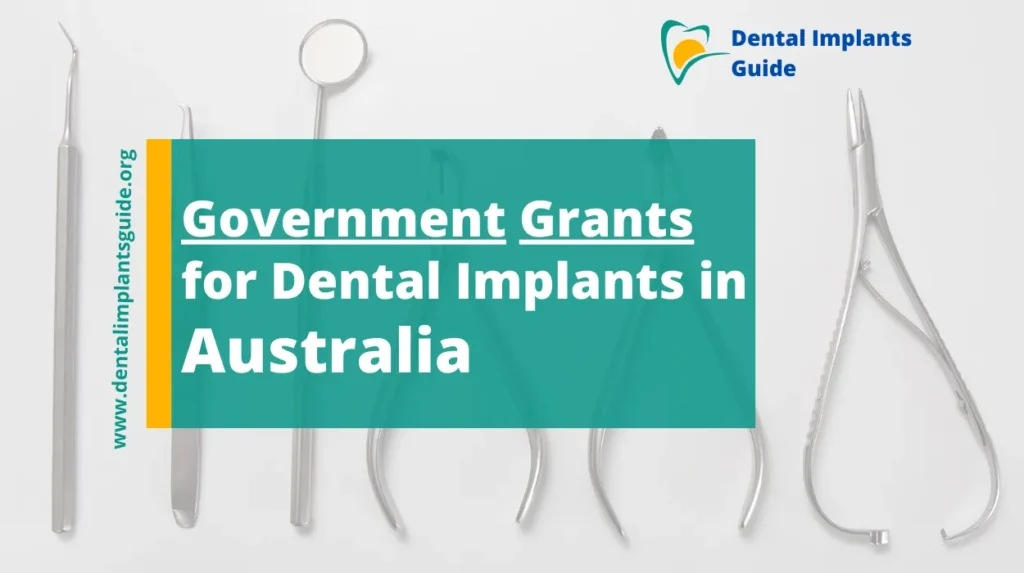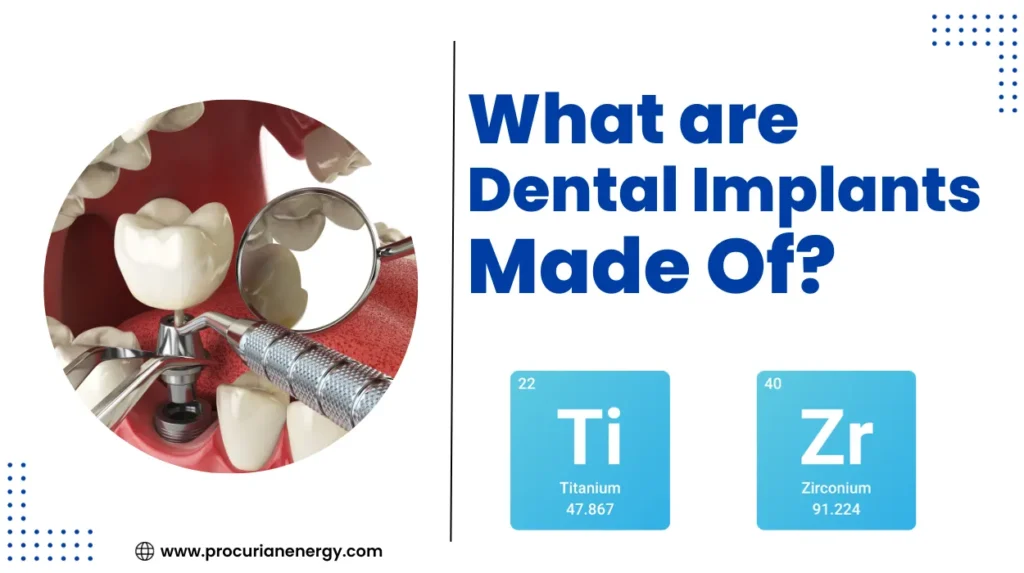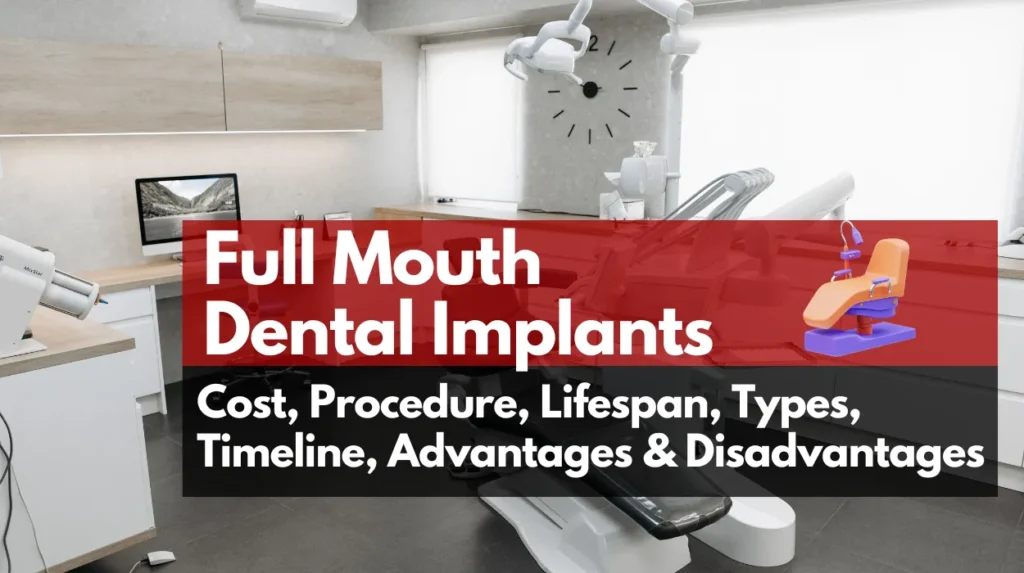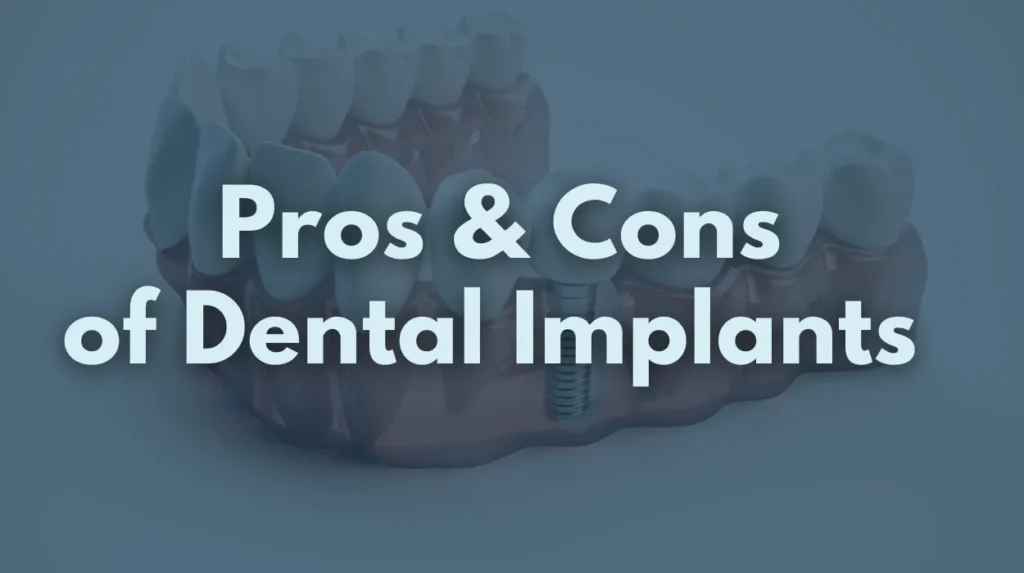Hello everyone! In this article we’ll talk about what causes bone loss around dental implants.
Don’t worry if that sounds a bit intimidating right now – we’re going to break it down in super simple terms so you can understand it all.
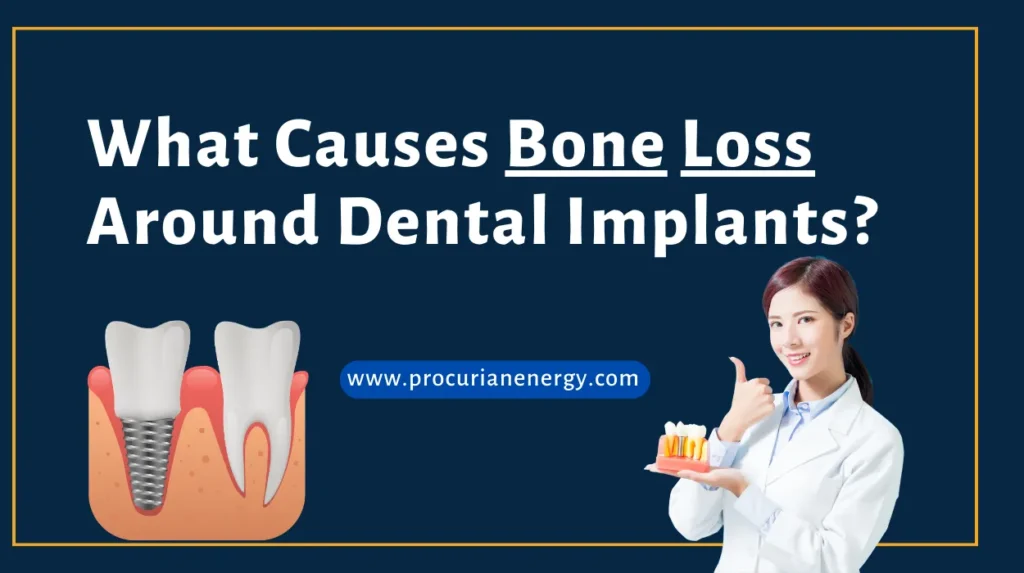
Dental implants are like metal roots that are surgically placed into your jawbone to support artificial teeth, like crowns or dentures.
The Importance of Healthy Bone
Our bones are like the sturdy foundation of a building. They support everything on top of them, including dental implants. That’s why having healthy bone is crucial for the success of dental implants.
Think of it this way: If you want to build a strong house, you need a solid foundation. In the same way, dental implants need strong, healthy bone to stay in place and work properly.
Causes of Bone Loss Around Dental Implants
Let’s explore why bone loss can happen around dental implants:
1. Peri-implantitis
Peri-implantitis is a big word, but it’s essential to understand. It’s like gum disease but around your dental implant. When bacteria build up around the implant, it can lead to infection and inflammation, which, in turn, causes the bone to recede. Regular dental check-ups and cleanings can help catch and treat peri-implantitis early.
2. Poor Oral Hygiene
Imagine you have a beautiful garden, but you forget to water it regularly. What happens? The plants wither away. Similarly, if you don’t take care of your oral hygiene, the bone around your dental implant can wither too. Brushing, flossing, and using mouthwash as your dentist recommends is crucial to prevent bone loss.
3. Smoking
Smoking is not your friend when it comes to dental implants. It restricts blood flow to the gums and bone, making it harder for your body to heal and fight infections. Plus, it can stain your teeth and dental implants, making your smile less bright.
3. Health Conditions
Some medical conditions, like diabetes and autoimmune disorders, can affect your body’s ability to heal and maintain healthy bone. If you have such conditions, make sure your dentist knows about them so they can plan your dental implant treatment accordingly.
4. Dental Implant Overloading
Just like a car can only carry a certain weight, dental implants have limits too. If you put too much pressure on them, like biting on something really hard, it can lead to bone loss. Your dentist will give you guidelines on what you can and can’t do with your dental implants to avoid overloading.
5. Infection or Gum Disease
If you don’t take good care of your dental implants, you can get an infection or gum disease. These conditions can lead to bone loss. Remember to brush, floss, and see your dentist regularly!
6. Poor Implant Placement
Sometimes, the way an implant is placed can cause bone loss. It’s essential to have a skilled dentist who knows what they’re doing.
7. Implant Overloading
Putting too much pressure on your implant, like biting on really hard stuff, can cause bone loss over time. So, be gentle with your dental implants!
8. Inadequate Bone Density
Sometimes, people don’t have enough bone to support an implant. In such cases, bone grafting may be necessary before getting an implant.
9. Inadequate Osseointegration
Sometimes, the implant may not fuse properly with the bone. This can happen if the implant isn’t placed correctly, or if you don’t follow post-surgery instructions carefully.
What are symptoms of Bone Loss?
The symptoms of bone loss are:
- Pain or discomfort around the implant.
- Gum swelling or redness.
- Bleeding when you brush or floss.
- A loose or wobbly dental implant.
- A change in the way your dental implant looks or feels.
If you notice any of these signs, it’s essential to see your dentist right away.
Treatment Options for Bone Loss
If you already have bone loss around your dental implants, don’t worry; there are treatments available:
1) Bone Grafting – This involves adding bone material to the area to build it back up.
2) Gum Surgery – In some cases, the gums may need to be lifted to access and clean the infected area.
3) Antibiotics – These can help treat infections around the implant.
How to prevent Bone Loss around dental implants?
Now, the good news is that bone loss around dental implants can often be prevented or treated. Here’s how:
1) Regular Dental Check-ups – Visit your dentist as often as they recommend. They can catch issues early and provide guidance on maintaining your dental implants.
2) Good Oral Hygiene – Brush, floss, and use mouthwash daily to keep bacteria at bay. Your dentist can show you the best techniques for cleaning around your dental implants.
3) Quit Smoking – If you smoke, consider quitting. It’s not just good for your dental implants but your overall health too.
4) Health Management – If you have underlying health conditions, work closely with your healthcare team to manage them effectively.
5) Dental Implant Maintenance – Follow your dentist’s instructions on caring for your dental implants. They may recommend special tools or products to keep everything clean and healthy.
6) Bone Grafting – In some cases of advanced bone loss, your dentist may suggest bone grafting. This procedure involves adding bone to the area to support the implant better.
FAQs
Why is bone important for dental implants?
Bone provides the necessary support and stability for dental implants. It’s like the foundation for a building, ensuring the implants stay firmly in place.
What causes bone loss around dental implants?
Bone loss around dental implants can occur due to various factors, including peri-implantitis (infection), poor oral hygiene, smoking, certain health conditions, and overloading of the implant.
What is peri-implantitis?
Peri-implantitis is a condition similar to gum disease but specific to dental implants. It involves the inflammation and infection of tissues surrounding the implant, which can lead to bone loss if not treated promptly.
How can I prevent bone loss around my dental implants?
Preventing bone loss requires maintaining good oral hygiene, quitting smoking if you smoke, managing underlying health conditions, following your dentist’s instructions for implant care, and avoiding overloading the implant.
What are the symptoms of bone loss around dental implants?
Common symptoms include pain or discomfort around the implant, gum swelling or redness, bleeding when brushing or flossing, a loose or wobbly implant, and changes in the appearance or feel of the implant.
Can bone loss around dental implants be treated?
Yes, bone loss can often be treated. Treatment options may include scaling and root planing to clean the implant area, antibiotics to address infection, bone grafting to rebuild lost bone, and implant maintenance.
Final Words
Bone loss around dental implants is something to be aware of, but it’s not something you have to live with.
With proper care, regular check-ups, and a healthy lifestyle, you can enjoy your dental implants for years to come.
If you ever have questions or concerns about your dental implants, don’t hesitate to comment down below.
